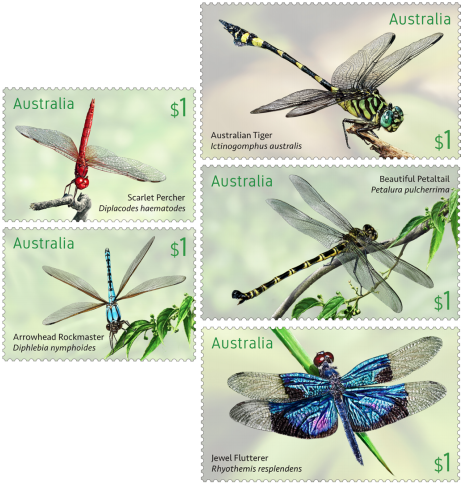A global crash in insect populations has found its way to Australia, with entomologists across the country reporting lower than average numbers of wild insects. Entomologist and owner of the Australian Insect Farm, near Innisfail in far north Queensland, Jack Hasenpusch is usually able to collect swarms of wild insects at this time of year. "I've been wondering for the last few years why some of the insects have been dropping off and put it down to lack of rainfall," Mr Hasenpusch said. "This year has really taken the cake with the lack of insects, it's left me dumbfounded, I can't figure out what's going on." Mr Hasenpusch said entomologists he had spoken to from Sydney, Brisbane, Perth and even as far away as New Caledonia and Italy all had similar stories. The Australian Butterfly Sanctuary in Kuranda, west of Cairns, has had difficulty breeding the far north's iconic Ulysses butterfly for more than two years.
University of Sydney entomologist Dr Cameron Webb said researchers around the world widely acknowledge that insect populations are in decline, but are at a loss to determine the cause. "On one hand it might be the widespread use of insecticides, on the other hand it might be urbanisation and the fact that we're eliminating some of the plants where it's really critical that these insects complete their development," Dr Webb said. At this stage, reports of insect population declines in Australia are only anecdotal, and it is difficult to make accurate predictions or assessments about insect numbers. On the other hand, it is important to listen to the entomologists, ecologists and researchers who are in the field on a regular basis.
Dr Webb, who primarily researches mosquitoes, said numbers were also in decline across New South Wales this year, which was indicative of the situation in other insect populations. "We've had a really strange summer; it's been very dry, sometimes it's been brutally hot but sometimes it's been cooler than average," he said. Mosquito populations, much like a lot of other insects, rely on the combination of water, humidity and temperature to complete their lifecycle. According to Dr Webb, when conditions are less than ideal the lifespan of mosquitoes and other insects plummets, thus reducing the sustainability of the entire population. "If you're used to living for about three weeks when it's nice and warm and humid, and then you're only living for a week or so because it's really hot and dry then you don't have to chance to lay as many eggs, or do as much mating," he said. "Those things have a knock on effect and it means the overall populations can often be much lower."
Source: ABC, 24 Feb 2018
http://www.abc.net.au/news/2018-02-24/decline-in-insect-population-baff…

- Login om te reageren
